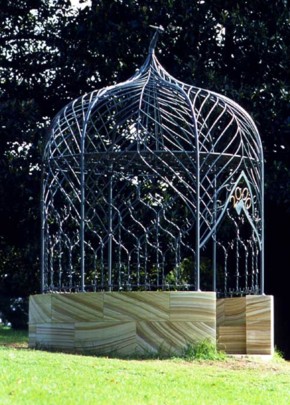Stories we tell
Our stories and recollections, particularly those committed to paper or otherwise recorded, gain general acceptance and eventually the credibility we call 'history'. They then become a template for future action. We are told to learn from history, lest we be condemned to repeat it. It tells us who are friends and who not to trust; where danger lies.
This mode of action is very familiar to us because it is just how we proceed as an individual identity. For our every action, be they sub-conscious or even accidental, we are constantly inventing retrospective motivations and explanations. We use these to guard against getting soap in our eyes; burning ourselves; or repeating a social faux pas. We use salutary tales from others to avoid snakes and spiders; fallen electrical cables; or sometimes walking alone across a park at night.
When she was preparing for her death my mother was still very lucid. Bedridden in Hospital she read through the entire Patrick O'Brien series of historical seafaring novels and at least another 30 books.
Towards the end she and I had some long talks adult to adult; that's sometimes hard for parents to do. I learnt a lot of things about her life I didn't know before. One of these was the story of my conception in a hospital bed where my father was recovering from a severe back injury as a result of a plane crash. He was a fighter pilot, and later a flying instructor, in the RAF.
My mother had already lost a child in Canada. There is a lot of history there too. Suffice it to say I was an experiment to see if they could still conceive. Thus, unless all those things, driven by 'Mr Hitler' and his cronies, had happened just as they did, I would not be here to record this; nor would you if you were born after he came to power. This reality, that we would not be here to comment had the past not been as it was, extends to all the events that actually happened behind the tales we tell.

